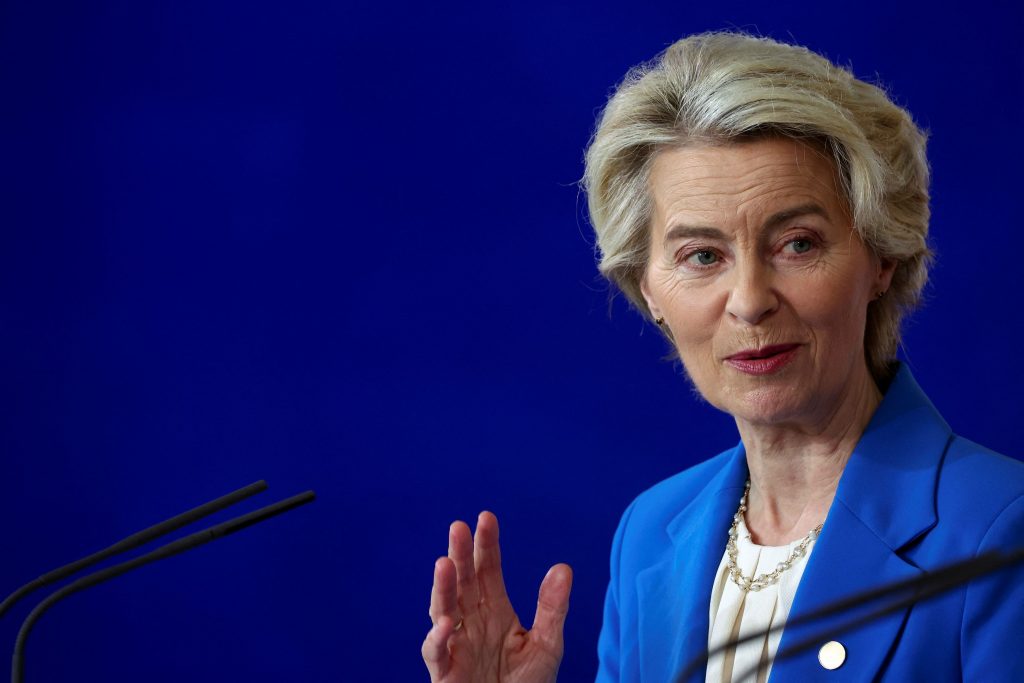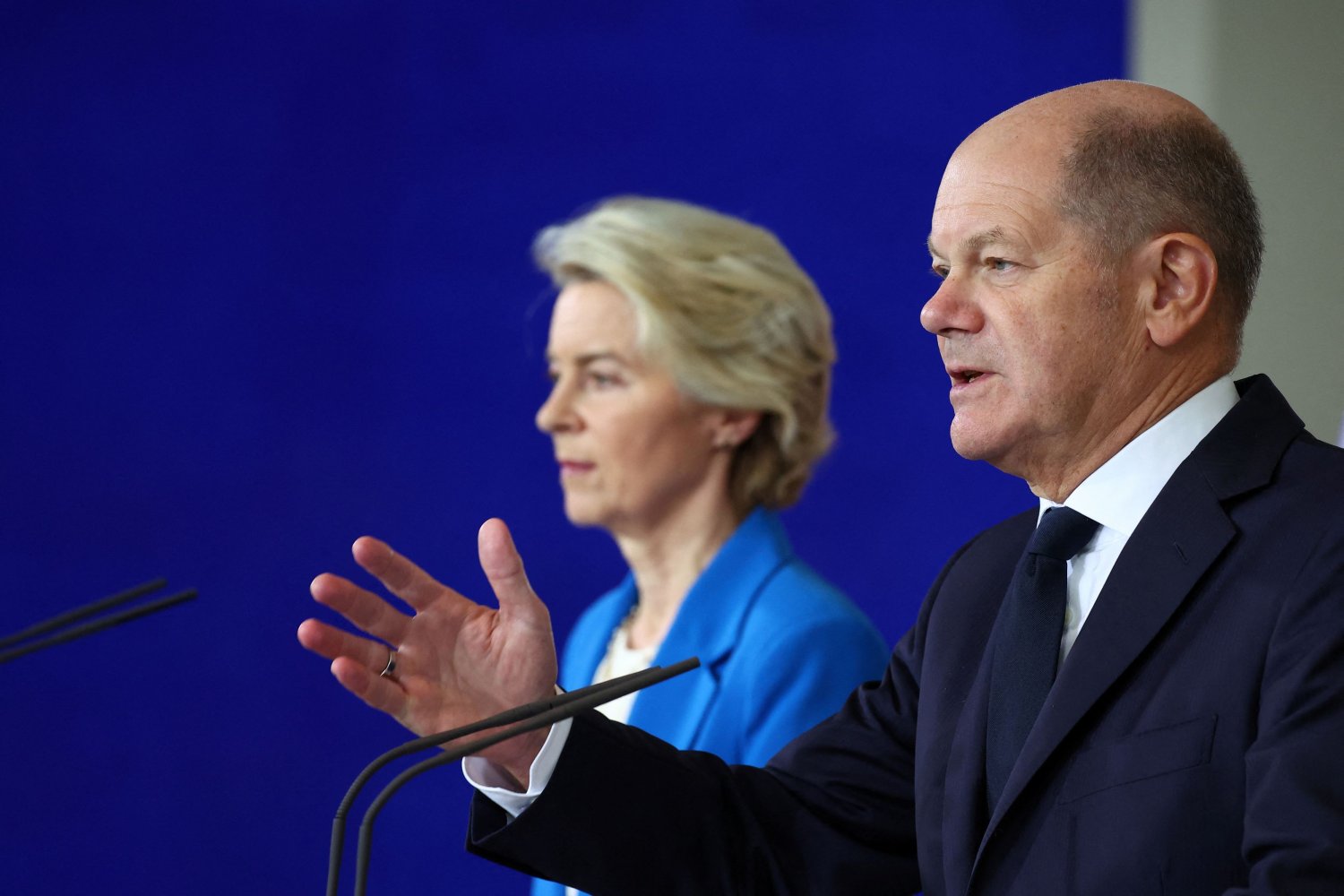The first major clash among EU member states over the burning migration issue is expected to take place during the EU Brussels Summit on Thursday, with the path to final decisions not expected to be swift or easy.
Many of the 27 member governments are under intense domestic pressures, while far-right parties are gaining traction in countries like Germany.
Meanwhile the fear of migration flows rising, is increasing, despite the fact that according to Frontex data, irregular border crossings have fallen the first nine months of this year. However, the routes that people are taking have shifted, putting pressure on different members of the bloc.
This fear along with the escalating situation in the Middle East and Africa are exacerbating the migrant issue.
The diverse challenges faced by individual member states have led to differing approaches and viewpoints on how to manage migration, fueling tensions and disagreements.
One of the key issues expected to dominate the talks is the return of migrants. A European diplomat described the matter as “urgent and requiring immediate attention.”
However Germany continues to push for clear reference to the Dublin Regulation and internal aspects of migration management.
The Greek Prime Minister Kyriakos Mitsotakis, is arriving at the negotiations with three key demands. These include the implementation of the Migration and Asylum Agreement, which the Union reached after three years of negotiations but still remains unfulfilled.
Second, Greece wants stronger and more effective border protection with increased funding for countries at the EU’s external borders, and third to ensure the return of those not entitled to asylum.
In particular, Greece is seeking financial support for the extension of the border fence along the Evros region, where the country borders with its neighboring Turkey, calling for greater economic assistance to frontline countries.
Mitsotakis is also said to advocate for EU agreements with third countries to facilitate migrant returns and emphasize the need for Europe to leverage tools such as development aid to ensure the enforcement of these agreements.




